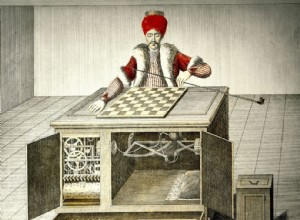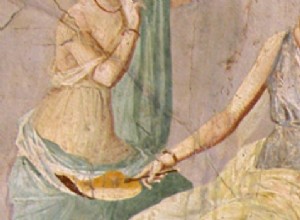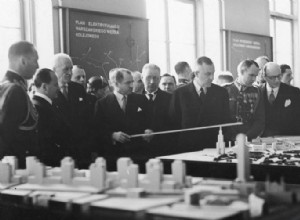Philadelphia, Pennsylvania, USA. February 10, 1996 at 6:14 pm Garry Kasparov - considered by all experts of the sport to be the strongest player in the history of chess - rises from his seat, gives Feng Hsiung Hsu a cold look, shakes his hand congratulating him on his victory and walks away from the




